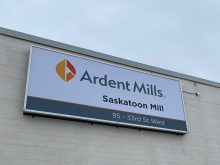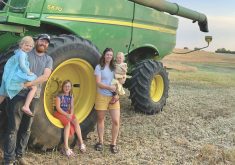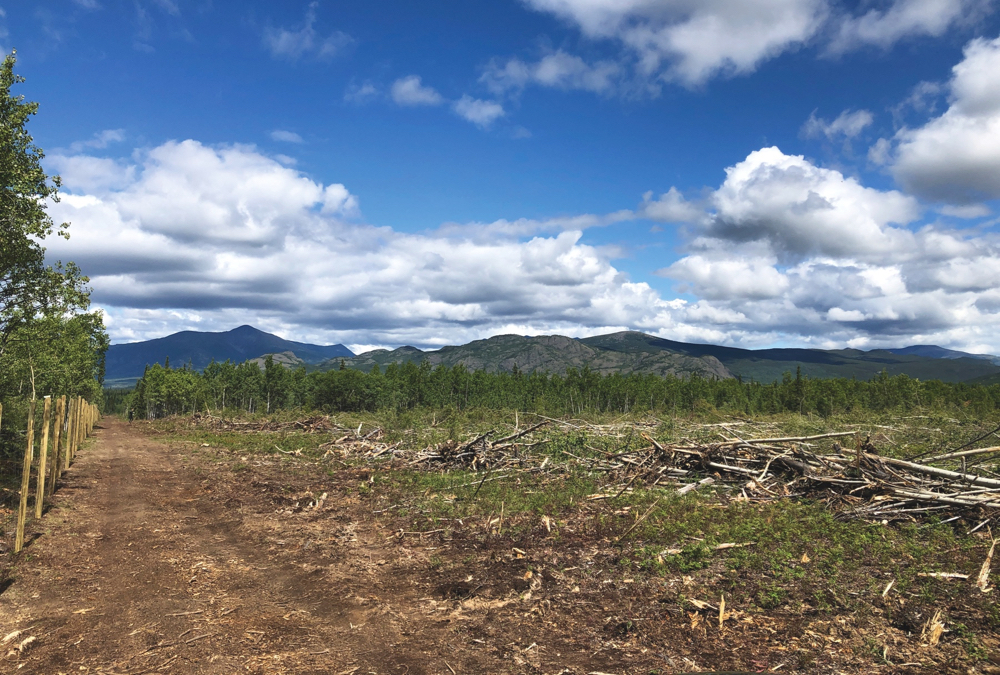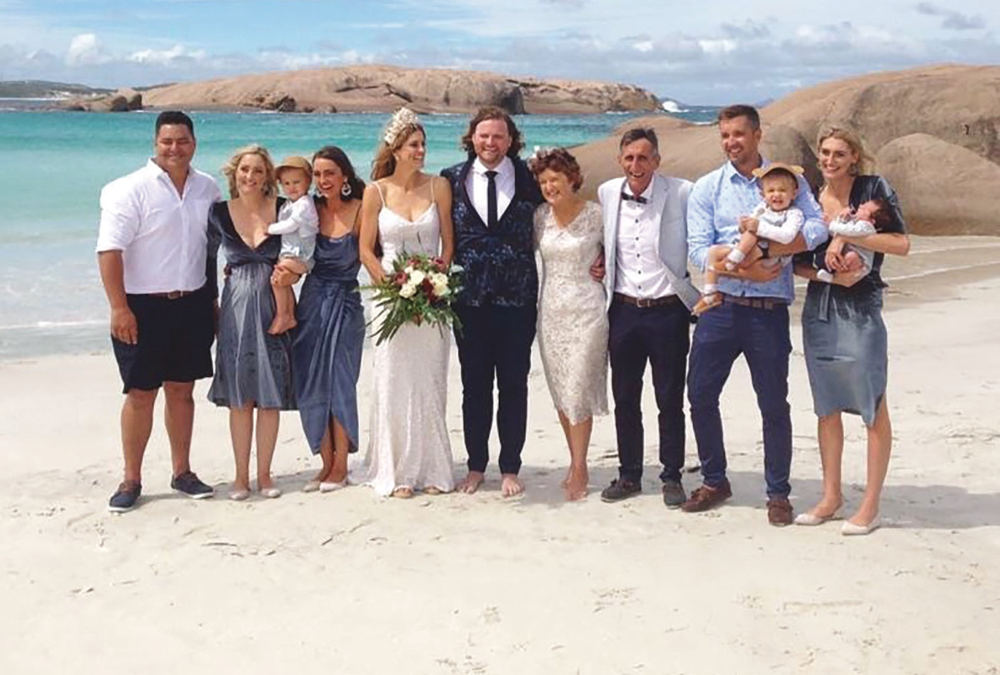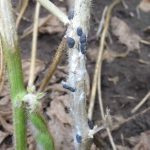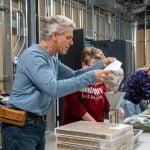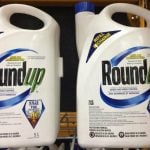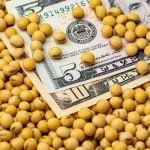Every farm has its own story. No two farms (or farmers) are exactly alike. Everyone got started in a different way, and every farm has a different combination of family and hired staff who make the decisions and keep things running. But, in general, even after you consider all of the details, farmers are more alike than different.
Every farm has its own story. No two farms (or farmers) are exactly alike. Everyone got started in a different way, and every farm has a different combination of family and hired staff who make the decisions and keep things running. But, in general, even after you consider all of the details, Prairie farmers are more alike than different. This is the story of a joint venture involving two families. Jay Bruggencate told us about it.
Read Also
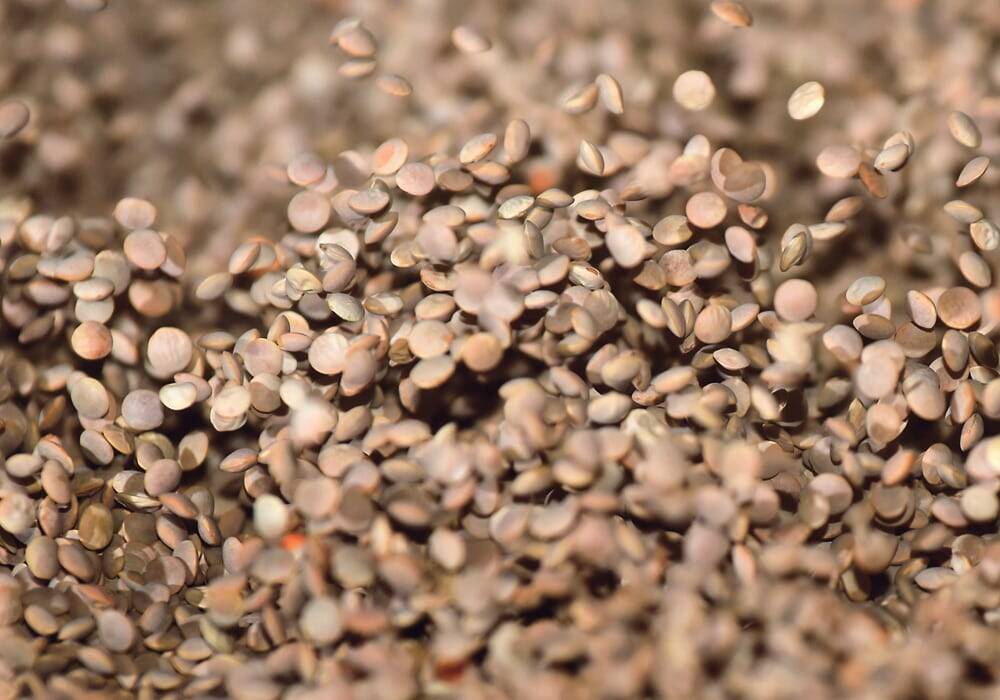
India likely to triple lentil import duty
Analysts anticipate India hiking duties to 30 per cent after March 31 to bolster domestic prices on expectation of strong harvest.
Where do you farm?
We’re outside of Lacombe, Alta.
What do you grow?
We grow malt barley, wheat, winter wheat, canola, industrial hemp and yellow peas. We are two years into full-time farming. Before that I was a cropping and precision agriculture consultant.
How long have you been farming?
I’ve been involved in agriculture since day one back at our family grain farm in Coronation, Alta. I took agriculture in university and farmed while I was consulting.
Who do you farm with?
Our family — me and my wife Jennifer and our three kids, Janna, Jacklyn and Gerrit — farms together with Mike Sulzle and his wife Kelly and their two girls, Gillian and Jade. We’ve been farming together for two years. I did consulting work for a number of years for the farm we took over, and Mike was the main hired man for 17 years. When the owners, Craig and Gary Shaw, retired, they gave us the opportunity to take the farm over, so both families work together as a joint venture.

Why did you choose farming?
I’ve always had various roles in the ag industry. After university I worked for Dow AgroSciences for eight years and then started my own consulting business, and I’ve held various roles with precision agriculture and consulting businesses. After I did those jobs in the industry I wanted to prove that a consultant can walk the talk and came back to farming full-time.
What farming season do you enjoy most?
Probably the fall. You’ve got everybody working together, doing different jobs to accomplish the same end, and sharing meals together in the field at the end of the day.

What’s the farm implement you can’t live without?
I want to say all of them, but if I had to pick one, I would say the sprayers are the top of the list for our direct seeding and reduced tillage operation. Of all our equipment, the sprayers go over the field the most times in the season. I’d also add our laptop computer, which allows us to practice sustainable agriculture and keep improving and maintaining our soil health. The laptop has everything — field records, mapping, etc. — so you don’t have to carry around paper files.
What good decision have you made that turned out well?
Our joint venture with the Sulzle family. It was a big decision to go into partnership with an unrelated family. Everyone has different skill sets and basis of experiences in agriculture and grain farming, and when we work collaboratively together we draw from those experiences and make good decisions.

Have you made a decision on the farm that you regret?
Not coming back to the farm sooner.
What do you anticipate your biggest challenge will be over the next five to 10 years?
If I could see the future I’d probably have lots of challenges to pick from! One of our challenges as an industry is turning the tide on what I see as a fanatical distrust of modern production agriculture. A lot of people don’t understand the risk-benefit situation with regard to crop protection products. I find a lot of the arguments baffling and quite hypocritical, and I think it’ll be a big challenge going forward.
If we lose certain tools I believe the sustainability of farming is at risk. An example would be glyphosate — they’re trying to ban glyphosate in different areas of the world because of one flawed study, but it’s a tool that’s very important to sustainable agriculture.

What do you think your biggest opportunity will be over the next five to 10 years?
I think there are great opportunities in agriculture as a whole. We currently have the safest, healthiest food supply in the history of the world and we’re making great strides to make it even better. Western Canada in particular has a great opportunity to be a protein supplier to the world. If we get our ducks in a row in terms of transportation and tools for production it’s a great opportunity for everyone in agriculture.
What do you like to do for fun or to relax?
We don’t do enough of that, but both our families enjoy camping. We’re big supporters of 4-H for our kids, and skiing in the wintertime.





